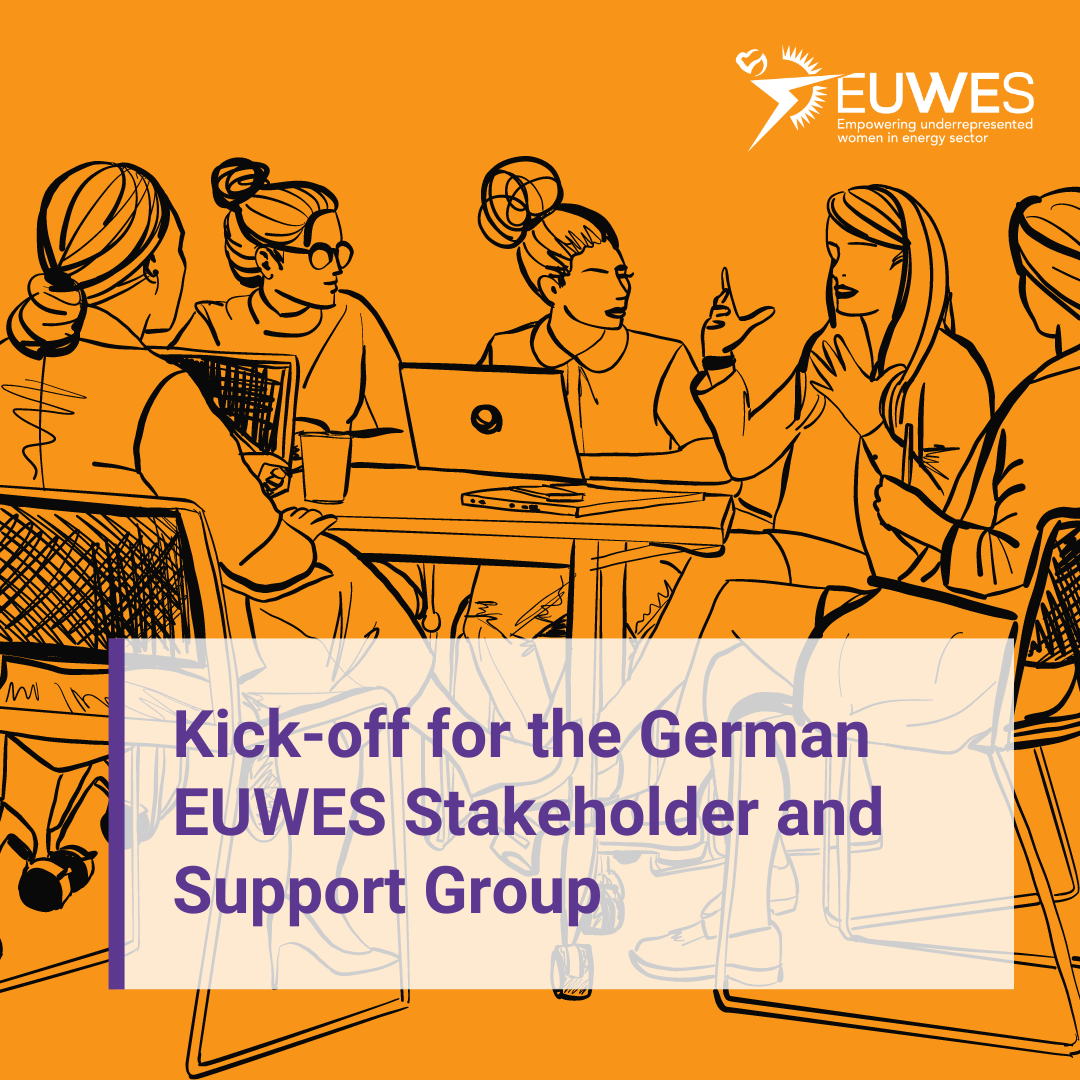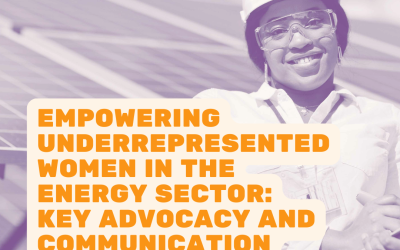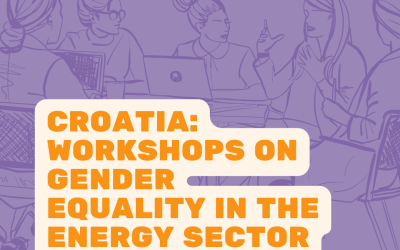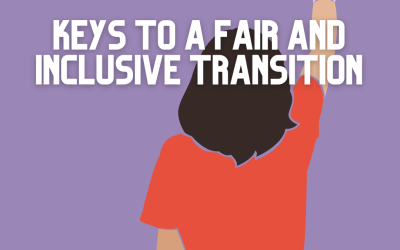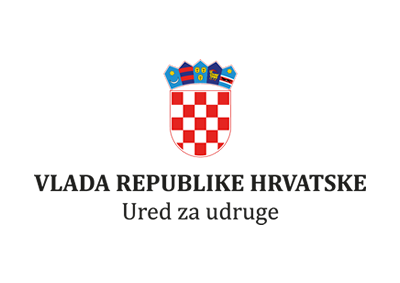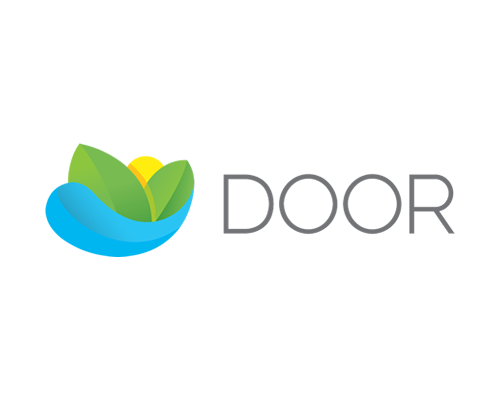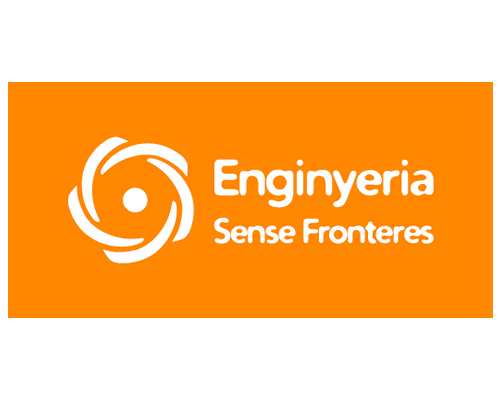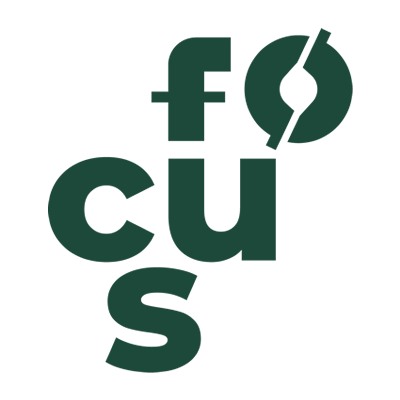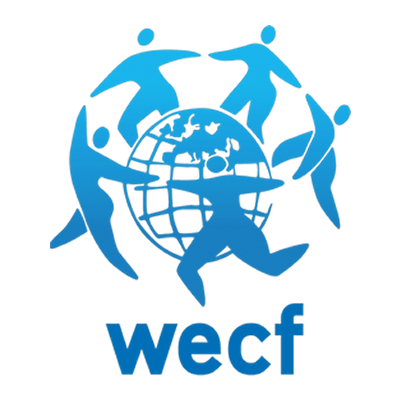„I love technology!“: During a Brown Bag Lunch organised by WECF e.V. on Wednesday, 5th of June, women working in the energy sector shared their different experiences related to gender mainstreaming and the capacity-strengthening of women.
This initiative for networking and exchange of visions, projects and ideas is a part of Work Package 3 of the EUWES (‘Empowering Underrepresented Women in the Energy Sector’) project funded by the European Union. The EUWES project is being implemented in four EU countries and aims to combat the underrepresentation of WLINTA* in the energy sector.
After a brief introduction, the participants engaged in a lively dialogue while touching upon various questions, such as: What experiences regarding the gender-energy nexus do the participants have and how can others benefit from them? What are exciting initiatives, what visions do participants have for strengthening WLINTA in the energy sector and how they can be achieved together?
WLINTA continue to be significantly underrepresented in political decision-making processes and leadership positions. The difference is particularly stark in technical and scientific fields such as the energy supply sector. For this reason, one of the aims of the EUWES project is to support WLINTA who are already employed in the energy sector in their striving for leadership positions and positioning themselves confidently even as a minority.
The Brown Bag Lunch organised by Women Engage for a Common Future (WECF) was the kick-off for the EUWES Stakeholder and Support Group, aiming to build a network of women in the energy sector of Germany as well as important stakeholders to engage with each other. In addition to employees in the energy sector, the EUWES project also works together with political decision-makers, researchers and students in the field of energy.
The exchange will now initially be continued via a mailing list for the purpose of sharing important events, job vacancies and publications on the gender-energy-nexus. Also, further meetings are considered and the participants are invited to the EUWES training or rather capacity-strengthening series which WECF as well as other partners are conducting in each partner country.
Capacity-strengthening is a crucial part of the project – while a comprehensive analysis of the national context regarding gender equality in the energy sector was carried out in the first part of the EUWES project, the project partners are in the stage of conducting tailored training for beneficiaries and stakeholders on one hand and providing policy recommendations for decision-makers on the other hand.
Another step towards a gender-just energy transition has been taken!
If you are interested in joining the mailing list, follow this link: Join EUWES mailing list (google.com)
* WLINTA stands for women, lesbians, intersex, non-binary, trans and agender people. This term was originally coined from Germany as FLINTA (Frauen, Lesben, intersexuelle, nicht-binär, transgender, and agender). The acronym WLINTA* encompasses different gender identities that are affected by structural discrimination in the patriarchy. These identities each have different life realities and experiences of discrimination.
Source: FLINTA: What does this acronym mean? | Minka Guides, 2023
